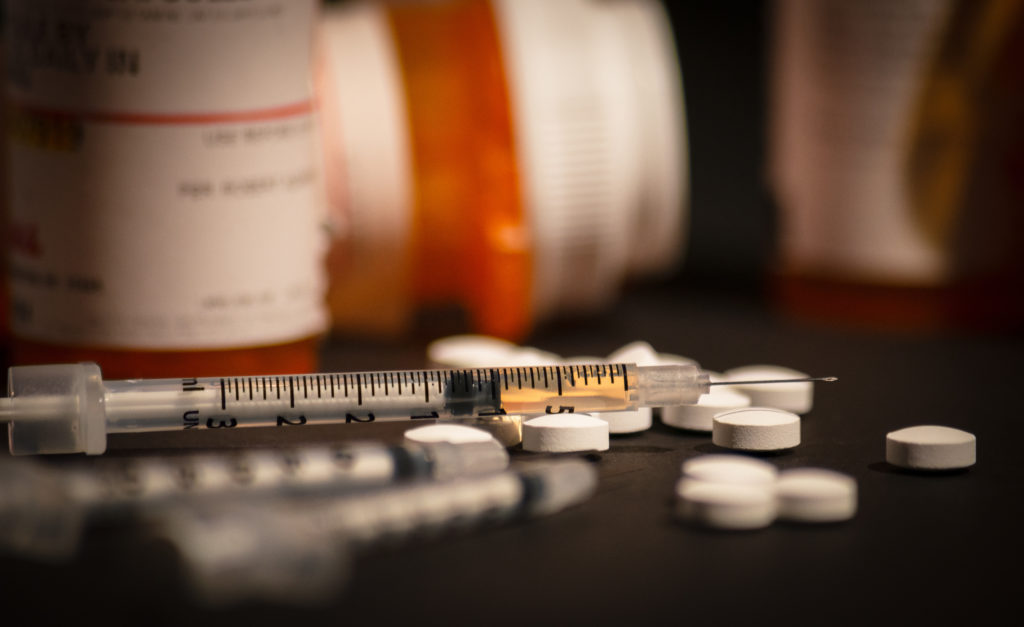
NASHVILLE (BP) – Southern Baptist pastors are joining other community leaders in concerns over a recent report by the Center for Disease Control that the number of drug overdose deaths have reached record numbers.
Through a 12-month period ending in April, the CDC said, nearly 98,000 drug overdose deaths had been reported, with that number expected to exceed 100,000 per year for the first time. Two primary factors drive that increase: a rise in the availability of fentanyl and isolation brought on by the COVID-19 pandemic.
Seeing the impact of opioid abuse and addiction in their state prompted Ohio Southern Baptist pastors Chad Keck and Peyton Hill to co-author an SBC resolution on the matter in 2018.
“Abuse of opioids was an issue we were aware of, but we were seeing the effects in so many ways,” said Hill, who has since answered a call to First Baptist Church in Prattville, Ala.
At that time, the pastors felt, the overwhelmingly majority of resolutions at the annual meetings barely scratched the surface on issues of substance important to many communities.
“We put [the resolution] together out of a burden we had and desire to raise awareness on the issue,” Hill said. “It is something that affects real people that the average Southern Baptist pastor at the annual meeting might not be thinking about.”
In writing the resolution, the pastors sought input from those in the medical community. There is no shame to rely on those experts as well as others such as counselors to better inform a church’s response.
Pastors can feel guilty that they’re not doing enough for any number of worthy causes in addition to preaching the Gospel, Hill added. That frustration can lead to a temptation to quit. On the other hand, there’s also a danger in ignoring the situation – even if passively – because of the complications and challenges associated with addiction ministry.
A lack of connection points such as those found in a church certainly factored in the report’s findings. During the COVID-19 pandemic, many trying to quit drug abuse were unable to get treatment or support.
“It is certainly heartbreaking,” Keck said. “I think the isolation during COVID made it even worse.”
The report revealed a 29 percent rise in the number of drug overdose deaths from the previous 12-month time span, indicating that the country could be headed for another record next time. CDC data further showed that overdose deaths were up in 46 states and Washington, D.C.
“It’s telling us that 2021 looks like it will be worse than 2020,” said Dr. Robert Anderson, CDC chief of mortality statistics.
Dr. Rahul Gupta, National Drug Control Policy director, called the situation “unacceptable” that “requires an unprecedented response.”
Overdose deaths have been rising more than two decades, boosted by the introduction of fentanyl, which can be 50 times more powerful than heroin and formed into pills appearing to be less lethal prescription drugs.
As recently as 2014, there were fewer than 50,000 reported fatal overdoses in the country. In 2020, that figure had jumped to a record 93,330.
A map through the National Center for Health Statistics tracked Vermont as having the largest increase in overdose deaths, at 69.9 percent. West Virginia followed with 62.2 percent, while Kentucky reported a 54.5 percent increase.
















